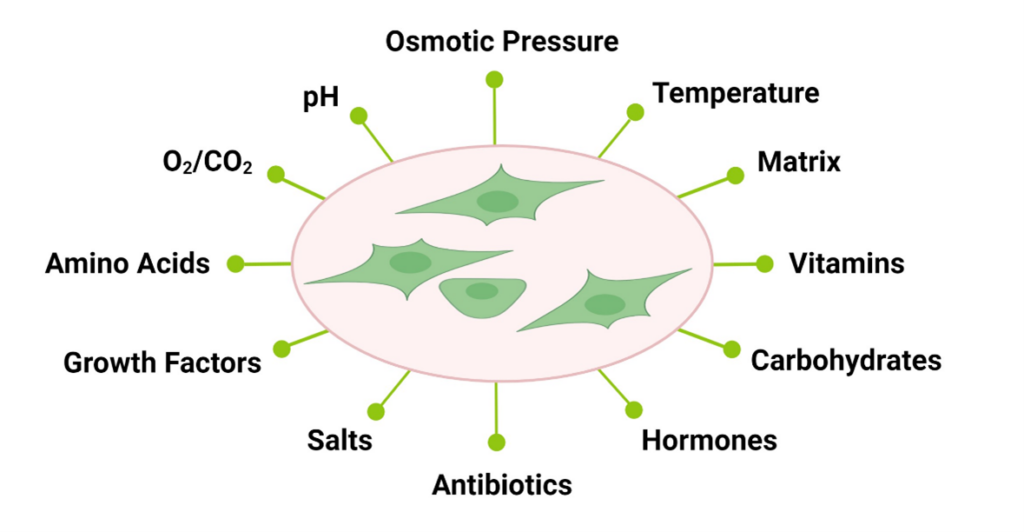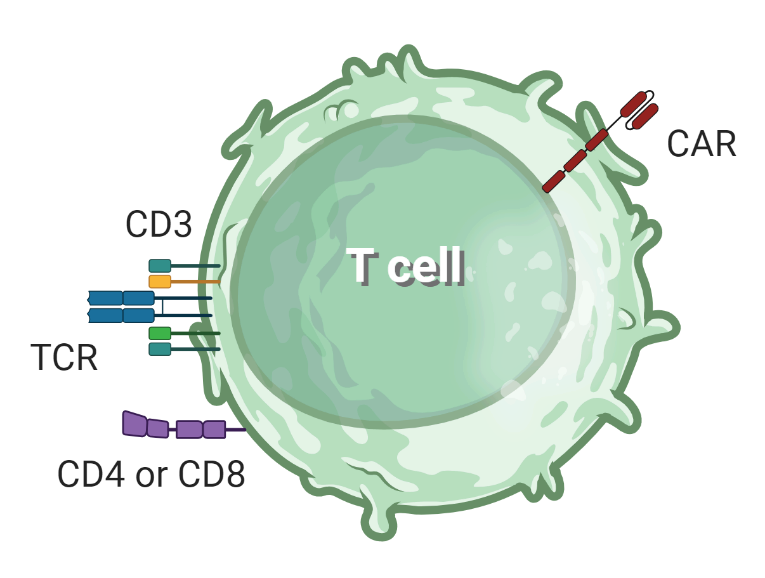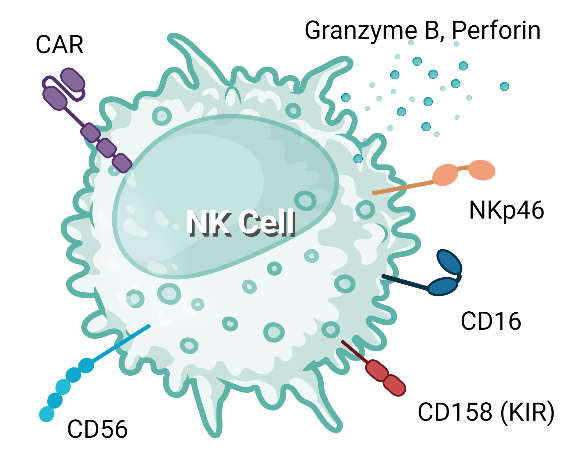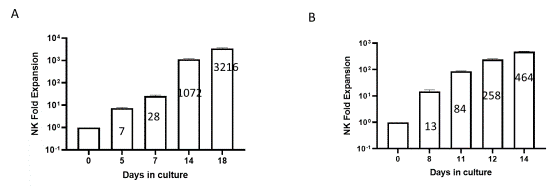Illuminate your Research with Lentiviruses for Cell Biology
Simplify your genetic engineering of hard-to-transfect cells with BPS Bioscience’s lentiviral tools for imaging, cell structure visualization, and for transduction controls.
BPS Bioscience is the expert in recombinant proteins and enzymes, cell lines, viral-based tools, and biochemical and cellular assay systems. Read here more about how to overcome the challenges of human immune cell culture.
Human cells used in vitro are essential for studying cellular responses under controlled conditions outside the body, driving therapeutic discoveries. However, culture conditions can significantly impact cell phenotype and experimental outcomes.

As living systems, cells require high-quality culture environments to survive and maintain their biological characteristics. Primary immune cells are particularly sensitive, with their performance critically dependent on media composition. Culture media provide essential nutrients like amino acids, carbohydrates, vitamins, growth factors, and hormones that support cellular function. Complete media typically contain like animal serum, commonly derived from fetal, newborn, or calf bovine sources, which represent the primary source of variability in cell culture. Serum is a complex mixture of hundreds of identified and unidentified components. Its composition varies dramatically based on factors like animal sex, diet, genetics, and geographic origin. Such variability can lead to substantial differences in cell characteristics and response to drugs and other stimuli, challenging experimental reproducibility.
Thus, serum-free media offer more controlled alternatives, containing only essential, defined components. These formulations may require supplementation with growth factors such as insulin, IL-2, or other cytokine that support the growth of specific cell types.
Primary human immune cells, including T and natural killer (NK) cells, are increasingly valuable in cell and gene therapy research. While providing more clinically relevant models than animal studies, these cells present unique culturing challenges:
Specialized media that can maintain immune cell function and enable expansion are critical.
The availability of specialized media for routine primary cell culture and expansion, specifically optimized for T and NK cells, can considerably accelerate a research program by eliminating the need for lengthy periods of optimization. Serum-free products can eliminate variability and enhance consistency by providing controlled, reproducible conditions.

| TCellM™ (78753) | Ready-to-use, specialized medium for primary T cell culture |
| TCellM™, Serum-Free (82608) | Serum-free specialized medium for primary T and CAR-T cell culture |
| Human T Cell Activation Reagent (82283) | Ready-to-use, anti-CD3 and anti-CD28 antibody cocktail for potent T cell activation and expansion |

NK cells can be expanded ex vivo by adding cytokines and feeder cells. The use of cytokines alone provides a short-term activation but supports only moderate expansion, while co-called feeder cells support expansion, but without activation. Genetically modified feeder cells, such as K562 cells expressing membrane-bound IL-15, IL-21, 4-1BBL or OX40L, in combination with cytokines, can result in more than 1000-fold expansion over a two-week period with a high proportion of highly cytotoxic cells. With this in mind, we have developed an NK Cell Expansion Kit composed of Growth-Arrested NK Feeder Cells, NK Cell Basal Medium and IL-2, which results in high fold expansion. The kit provides researchers with cytotoxic NK cells without the need to create their own optimized K562 cell line.

| NK Cell Expansion Kit (78927) | Includes specially engineered K562 feeder cells, NK Cell Basal Medium, and recombinant human IL-2 |
| NK Cell Basal Medium (82164) | Optimized for expansion of NK cells in culture |
| NK Medium, Serum-Free (82615) | Optimized for serum-free NK cell culture with improved transduction efficiency, cell viability and expansion after engineering |
| NK Viral Transduction Enhancer (82617) | Preformulated non-toxic transduction enhancer reagent designed to enhance primary NK cell transduction efficiency with lentiviruses |
Note: illustrations were created with BioRender.com
We gladly support you by keeping you updated on our latest products and the developments around our services.